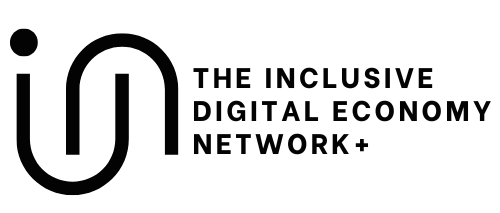INCLUDE+ Process defines sustainability as the ability to maintain your project’s community engagement, impact, and value over time. Sustainability involves designing and implementing initiatives in a way that ensures their long-term viability, resilience and continued benefit to the community they serve.
Criteria:
- Long-term viability of project outcomes and impacts on digital equity
- Development of local capacities and resources to sustain digital inclusion efforts
- Integration of sustainability considerations into all project phases
Examples of evaluation questions:
- What plans are in place to ensure the sustainability of digital equity improvements achieved by the project?
- How does the project build local capacities and resources for ongoing digital inclusion work?
- In what ways are sustainability considerations embedded into project planning, implementation, and evaluation?

